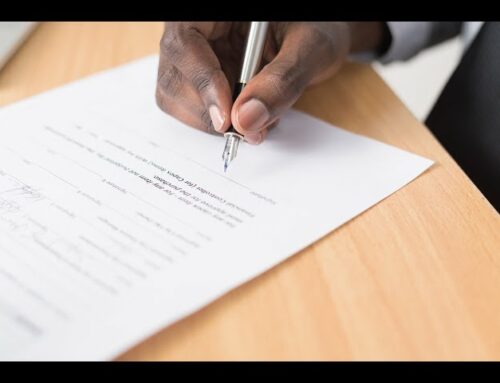New Zealand operates under what is sometimes called a “single party consent” rule. That means that as long as at least one person involved in a conversation consents to it being recorded, that is lawful, even if the other people involved are not aware.
However, employees and employers must act in good faith, and just because something is lawful does not mean that it is allowed in an employment situation.
Being allowed to record a meeting with your employer will depend on the circumstances. An example is the 2019 case of Nicol V Canterbury Concrete Cutting NZ Ltd (BC201863645). The Employment Relations Authority found that an employee who covertly recorded a disciplinary meeting had not deeply impaired or destroyed this trust and confidence, but that he had breached his obligation of good faith owed to his employer. The Authority said that although in these circumstances the recording was not serious misconduct, the employee should not have covertly recorded the meeting with his employer. Because of this, the compensation the employee would have received was reduced by $2,000.
There is nothing wrong with wanting to record a meeting with your employer. A recording can solve any uncertainty about what was said later on. If you want to record a meeting with your employer, let them know. Tell your employer that you are taking the meeting seriously and you want to be sure that you remember everything that is said.
Frontline Law is a team of talented lawyers, most of whom have previously served in the Armed Forces, New Zealand Police, and other uniformed organisations.
The first step in getting support is to talk with a lawyer from Frontline Law about your situation and see what options we can offer you. Contact Frontline Law for a free initial consultation.





